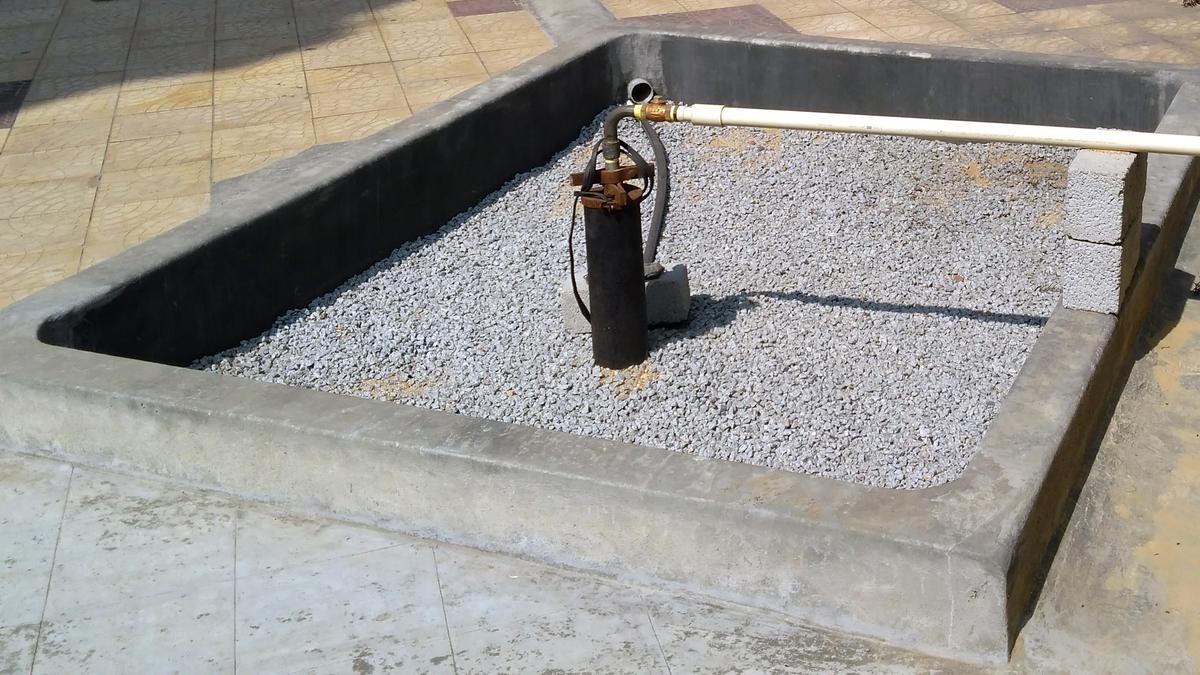
IISc researchers develop sustainable method to remove heavy metal contaminants from groundwater
The Hindu
Indian Institute of Science (IISc) researchers have developed a novel remediation process for removing heavy metal contaminants such as arsenic from groundwater.
Indian Institute of Science (IISc) researchers have developed a novel remediation process for removing heavy metal contaminants such as arsenic from groundwater.
According to IISc, the three-step method, which is patent-pending, also ensures that the removed heavy metals are disposed of in an environment-friendly and sustainable manner, instead of sending untreated heavy metal-rich sludge to landfills from where they can potentially re-enter groundwater.
“In every technology that exists, you can take out arsenic and provide clean water. However, after you remove the arsenic, you must do something about it so that it doesn’t re-enter the environment, and that aspect is not given due consideration in the existing methods. Our process was designed to solve this problem,” said Yagnaseni Roy, assistant professor at the Centre for Sustainable Technologies (CST), whose lab has developed the method.
IISc said that according to reports, 113 districts in 21 States in India have arsenic levels above 0.01 mg per litre while 223 districts in 23 States have fluoride levels above 1.5 mg per litre, which are beyond the permissible limits set by the Bureau of Indian Standards and the World Health Organization (WHO). These contaminants can significantly affect human and animal health, necessitating their efficient removal and safe disposal.
“On average, these organic species are approximately 50 times less toxic than the inorganic form present in groundwater,” said Mr. Roy.
IISc said the system is easy to assemble and operate. Manufacturing the adsorbent material involves a simple recipe. In the lab, a small pilot-scale adsorption column system was able to generate safe drinking water (by WHO standards) for two people for three days. The researchers have been working with the INREM Foundation and Earthwatch, both NGOs, to deploy and test these systems in rural areas such as Bhagalpur in Bihar and Chickballapur in Karnataka.

Podcasts have become our best friends, especially during the Covid-19 pandemic. Whether you are cooking, sketching or going on an evening walk, there is a show that matches your mood. From horror tales to informative conversations to just two friends talking about anything & everything relatable, podcasts have become a part of our lives unknowingly. Over the years, more voices have joined this audio landscape and filled it with stories that resonate with our lives. Podcasts serve as a reminder that everyone has a story worth telling and listening to!










